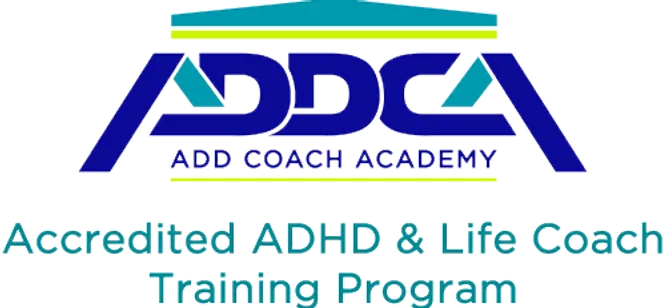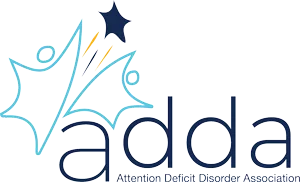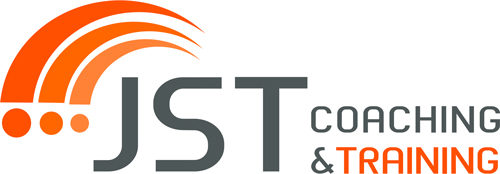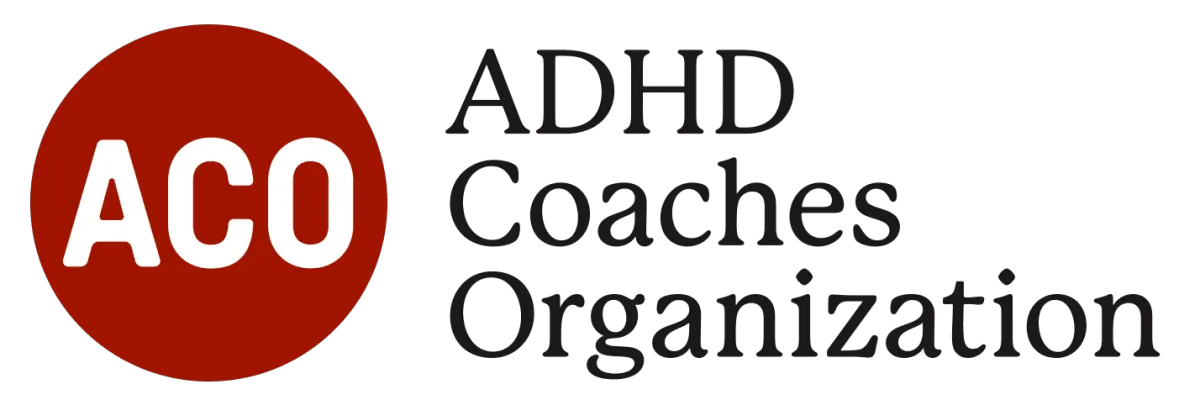Q & A
How does coaching work?
Coaching sessions create space away from the day-to-day demands for a dialogue between the coach and client. The client determines the long-term direction of coaching and is responsible for bringing a topic to each session. Together, the coach and client explore who the client is, thinks they are, and wants to be, to clarify desired outcomes and actions to further the client's agenda.
As coaches, we will ensure we make the most of your time. Our role is to be your sounding board, mirror, and champion. We will provide models and structure to help you organize your thoughts, beliefs, and values. We will bring details into focus to help you reach a deeper understanding and appreciation of yourself. We will hold you accountable for your decisions and actions, and challenge you to be compassionate with yourself. We will only provide our expertise, perspective, and experience with your permission. We will never, ever, never tell you what to do.
In each coaching session, you will learn something new about yourself, a different way of thinking about a situation, or uncover a belief that was limiting the actions you thought you could take. The "work" to apply those learnings toward changing your life is yours to do outside of the coaching session.
Is coaching right for me?
Do you have a good sense of what changes you want to see in your life?
Coaching is forward-looking and action-focused. The intent is to create actionable strategies for achieving your desired outcomes in personal and/or professional life.
Are you open to experimenting with new ways of thinking and doing?
Change has to come from somewhere! We won't know what works best until you try out different approaches.
Can you embrace the idea that change doesn't happen in a steady, straight line?
Change happens only when and where you are ready to change. Sometimes it happens by leaps and bounds, sometimes bit-by-bit, and sometimes it will feel like it’s a slow crawl or isn’t happening at all.
Are you ready to commit to taking action in between our sessions?
In a coaching relationship, the coach and client are equal partners. The coach provides knowledge, creates a learning environment, and helps the client to develop skills for their future. The client retains responsibility, accountability, and authority for both decisions and outcomes.
Does your current schedule enable you to show up consistently for sessions?
Our availability shown on our booking pages reflects our preferred working hours. However, if you have an inconsistent or unusual schedule we are more than open to working with you to find times that work for us both!
Similarly, we understand that life happens and you may not be able to make a scheduled appointment. Our scheduling policy will allow you to reschedule 12 hours in advance with no penalty. Within 12 hours you’ll get three free passes. After three it’s become a bad habit and we’ll need to charge a cancellation fee.
Do you see coaching as a worthwhile investment?
We're not in this for the money. Been there, done that, and learned that it’s not what lights us up. We determine our rates based on how much our experience and skill are worth. But it's more important to us to make sure those who are willing and ready to take action have the support they need. We have adopted Tori's coaching mentor's philosophy to Pay What You Enjoy*. If our rates are too much for you to enjoy coaching, let's work together to establish a professional relationship that we both enjoy!
*Please note that we limit the number of Pay What You Enjoy spaces in our practices.
Are you sure that you are looking for coaching and not therapy?
It's easy to blame external factors when you are struggling. But there's just not much time for those things in coaching. With coaching, we devote our time to being forward-looking, positive, and realistically optimistic.
Sure, some venting is necessary and appropriate. In fact, pinpointing what's wrong or what's getting in the way is what we'll do together. But from there, it's time to get constructive. If you feel stuck in your "story", a therapist is a better choice than a coach initially. I'd love to hear from you when you are ready!
How do I choose the right coach?
The coaching profession is self-regulating, meaning that there is no oversight by the government. Anyone can market themself as a coach without legal repercussion. You should ensure your coach has had quality training and is accountable to ethical standards of practice. Ideally, they are pursuing certification, or certified by, the International Coaching Federation (ICF) or an accredited body.
ADHD coaches may also be pursuing or certified by the Professional Association for ADHD Coaches (PAAC) and/or the ADD Coaching Academy (ADDCA). PAAC follows the ICF's core competencies but requires specific training in ADHD, which the ICF does not. ADDCA is accredited by both the ICF and PAAC and maintains its own certifications for completion of the different course levels.








